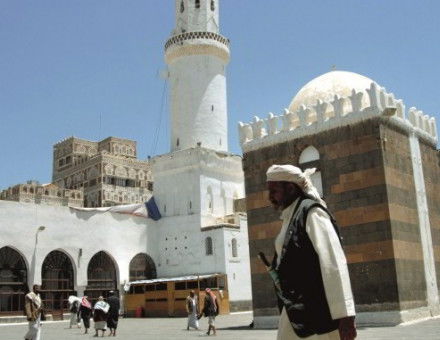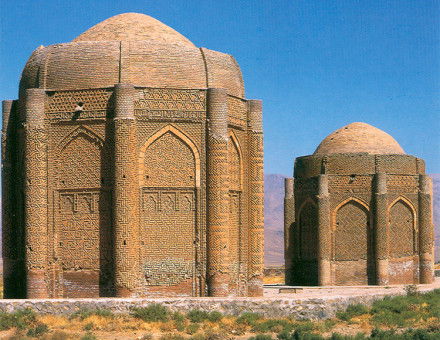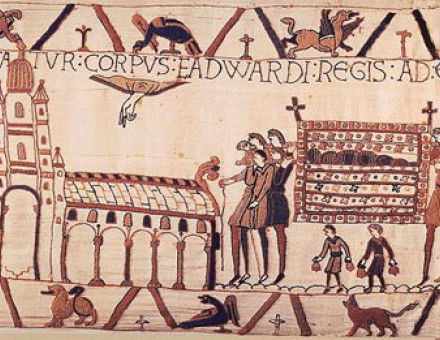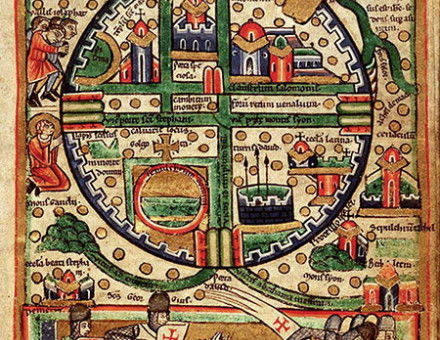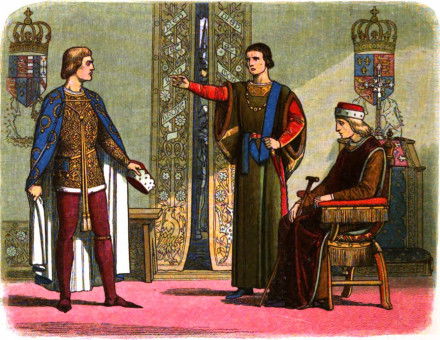Sana'a: City of the Book
Since its discovery in Yemen in 1972 a collection of brittle documents, believed to be among the earliest Koranic texts, has been the subject of fierce and divisive debate among scholars of Islamic history, as Scott MacMillan reports.


